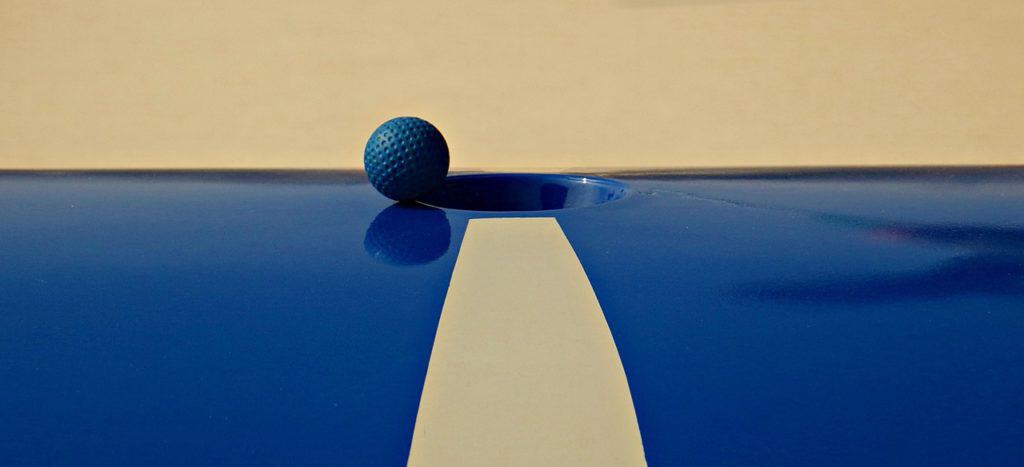Mini-gastric bypass also known as single anastomosis gastric bypass surgery is a non-endorsed weight loss procedure by the American Society of Bariatric and Metabolic Surgery, ASMBS. Bile reflux and the risk of malignancy have been the main concern with mini gastric bypass when compared to the standard Roux-en-Y gastric bypass surgery. Billroth II reconstruction increases the risk of bile pooling in the remnant stomach which in turn may end up in the esophagus. I have performed a number of mini gastric bypass revision to Roux-en-Y gastric bypass for severe bile reflux and/or marginal ulceration and gastric pouch outlet stricture.
A number of studies from around the world have demonstrated the safety and efficacy of mini gastric bypass over the past few years. A recent study published in Surgery of Obesity and Related Disorders journal claims that mini gastric bypass and classic Billroth II reconstruction are two different animals. The authors of “Esophagogastric junction function and gastric pressure profile after minigastric bypass compared with Billroth II” show that classic Billroth II reconstruction is associated with lower esophageal sphincter pressure and lower gastric remnant pressure when compared to mini gastric bypass. Consequently, the authors find increased incidence of alkaline and acid reflux in the small study group of Billroth II patients.
The study has a number of significant limitations, but the authors are to be congratulated in attempting to understand the underlying physiology associated with each procedure. In the absence of a hiatal hernia, mini gastric bypass anatomy may protect against acid and bile reflux given the pressure differential between the stomach and intestines favoring rapid emptying. Additional studies are needed to further consolidate these observations. One thing for sure, the gastric resection in mini gastric bypass must be meticulously performed, as it is the case with sleeve gastrectomy, to accelerate gastric emptying. Accelerated gastric emptying promotes weight loss and protects against acid and bile reflux.

